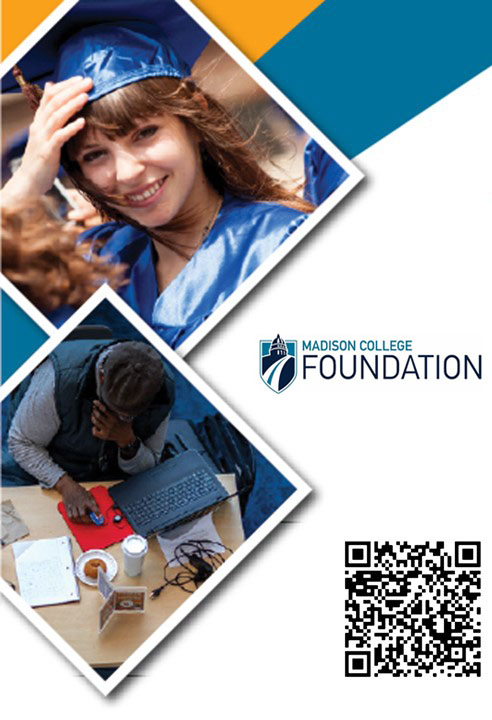Classes take different form due to COVID-19 for Fall 2020
September 2, 2020
Under normal circumstances, the first day back to school would consist of most students flocking towards education buildings ready to greet their teachers and peers as a new semester begins. The small percentage of students taking online classes also begins with virtual greetings from the comfort of home. Due to the COVID-19 pandemic, however, this scenario is flipped with the majority of students at Madison College taking forms of online classes and the minority taking in-person classes.
This switch was deemed the best possible scenario for the health and safety of students by the Madison College administration. In exact numbers, 70% of classes for the Fall 2020 semester will be fully online, 25% will take the form of hybrid instruction, and 5% will be fully in-person. Face-to-face classes will mainly serve nursing and law enforcement classes and will be completed by Thanksgiving.
Madison College faced an unexpected turn halfway through the Spring 2020 semester and had to quickly shut down and transition to remote learning during spring break due to the COVID-19 pandemic.
“The massive changes needed in Spring were not planned or anticipated,” says Provost Turina Bakken. “So, in a matter of days, we built new systems, redesigned courses as best possible and pivoted into a very uncertain situation. Emergency remote instruction was put in place across the college, but that is different from high quality, engaging online/remote courses. In short, we have a much more planned, thoughtful approach to Fall courses.”
Madison College has adjusted to providing higher education online during a health pandemic by having over 500 faculty take the Preparing to Teach Online course, along with many Certified Education Technology Leader (CETL) offerings, and the hiring of three new instructional designers to further support faculty.
The courses and programs chosen to be in-person or hybrid was left to the individual department to determine. “Bottom line, our faculty know the curriculum, course and program outcomes the best. So, it is up to the faculty and program/dept. teams to assess what is the best way to deliver a course in the most meaningful way possible,” says Bakken.
“It also depends, especially in health and protective services programs, what accrediting agencies and governing boards will allow a program to do. And, of course, we monitor data on student success and try to ensure that students have options for access that align with their learning styles and needs.”
The credit/no credit option Madison College implemented for the Spring and Summer 2020 semesters will also apply to the Fall 2020 semester. Additionally, there is an agreement between the Wisconsin Technical College System and the UW System that ensures credit/no credit options will seamlessly transfer.
Social distancing and wearing masks will be implemented in classrooms to decrease the spread of COVID-19 as directed by health organizations. “There has been great leadership and collaboration in the area of health and safety from Dr. Mark Thomas’s team including risk management and public safety,” says Bakken. “By and large, the face-to-face components of hybrid classes will be smaller class size with innovative options popping up like rolling labs, bootcamps, drive up welding bays, and more.”
While this semester looks to be non-traditional with the majority of classes being online, Madison College has thought through and determined this path to be the optimal decision for health and safety.
“Ultimately, with the talent at Madison College working together, the resiliency of our students, and the skill of our faculty, we are well positioned to come out of this stronger and more adaptable than ever—and in the meantime, ensure the best learning experience anywhere.”































